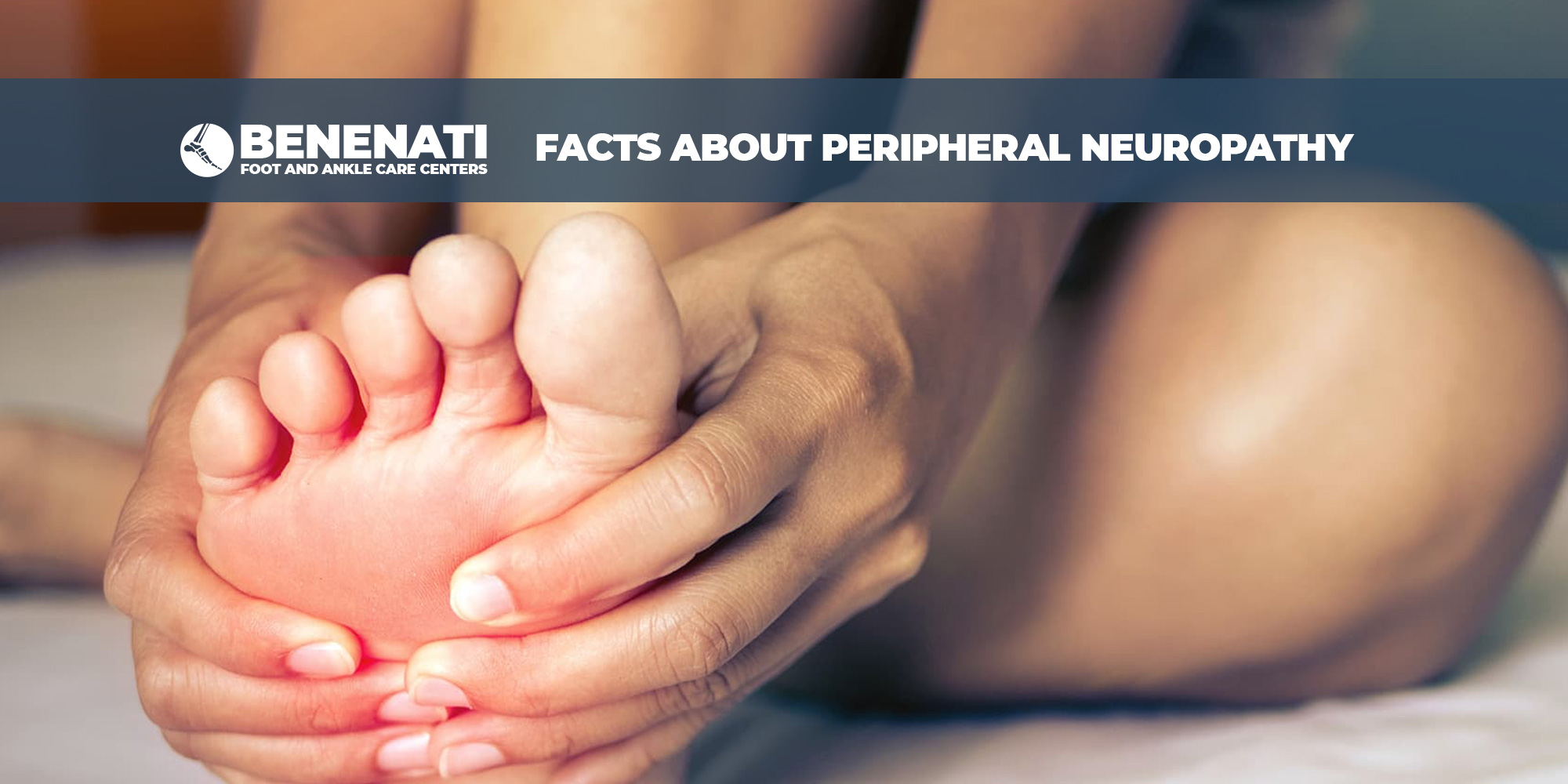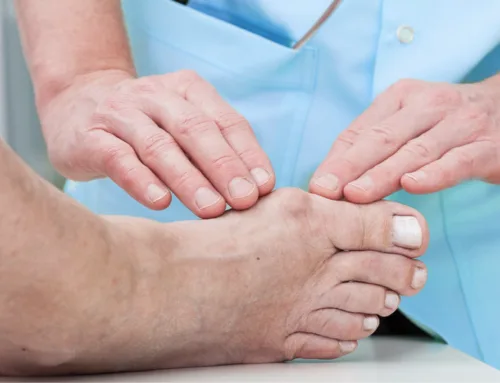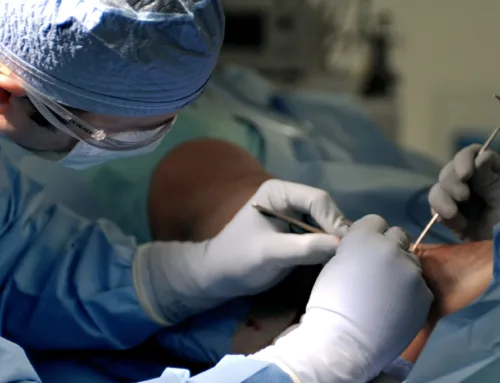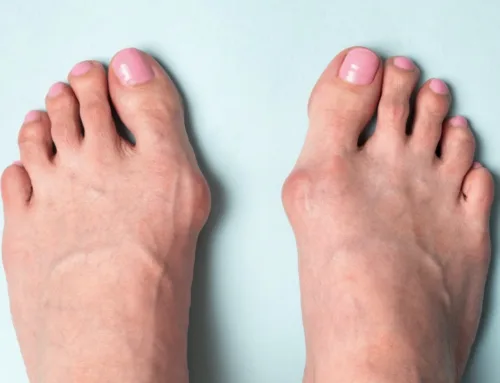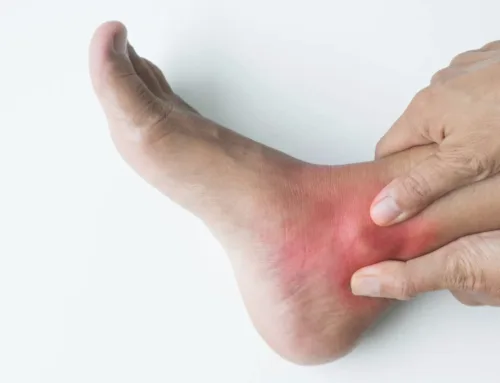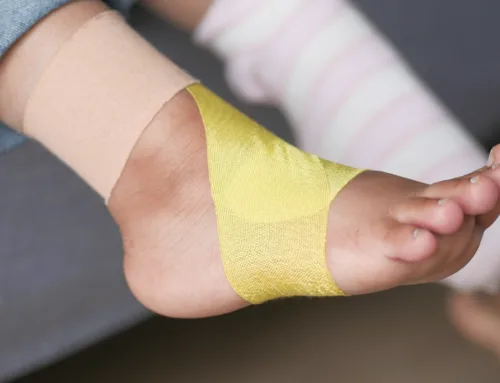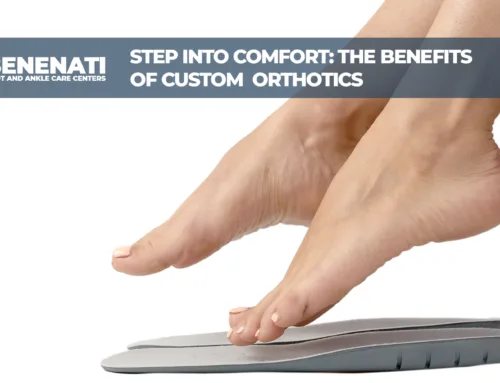Are you experiencing burning, tingling, or numbness in your feet? Do you sometimes have sharp shooting pains or feel off-balance? At Benenati Foot & Ankle Care Centers, we recognize these as potential symptoms of peripheral neuropathy. Neuropathy is damage to the nerves. Below are some facts about this condition and what to do about it.
FACT: Over 20 million Americans suffer from neuropathy.
FACT: There are more than 100 known causes of this condition.
FACT: Neuropathy is more common in older adults, although it can occur at any age.
FACT: The most prevalent cause of peripheral neuropathy is diabetes. It is the source of approximately 30% of all cases. Neuropathy associated with diabetes can have serious medical consequences. Lack of sensation in the feet means injuries and infections can go undetected, and this may result in ulcers, wounds, and amputations.
FACT: Other causes of peripheral neuropathy are quite varied and include: Vitamin deficiency, neuromas (benign enlarged nerve tissues or nerve tumors), kidney failure, certain medications, Guillain-Barre Syndrome, rheumatoid arthritis, trauma to the foot, caner or chemotherapy, alcohol use, and more.
FACT: There are times when no source can be determined for peripheral neuropathy, called idiomatic neuropathy.
FACT: Because there are so many potential sources of peripheral neuropathy, there is a wide range of treatment options. In some cases, managing a chronic illness can help reduce neuropathy symptoms. Often footwear plays a key role. Shoes that don’t fit properly or put pressure on certain foot parts (such as those with high heels and narrow toe boxes) can cause neuropathy. The podiatrist may prescribe custom orthotics to help correct structural or biomechanical problems causing neuropathy. There are also medications available to treat this condition.
FACT: Even if neuropathy symptoms are not very uncomfortable, it’s essential you get them evaluated by our podiatrists, Dr. Anthony Benenati, Dr. Neil Shaw, or Dr. McKenna Green. Not correctly treating neuropathy can cause you to lose your balance and increase your fall risk. It can also lead to corns and calluses. If you are experiencing any symptoms of nerve damage, contact our Macomb (586) 416-3668, St. Clair Shores (586) 779-6140, and Warren (586) 756-3338 offices for an appointment.
